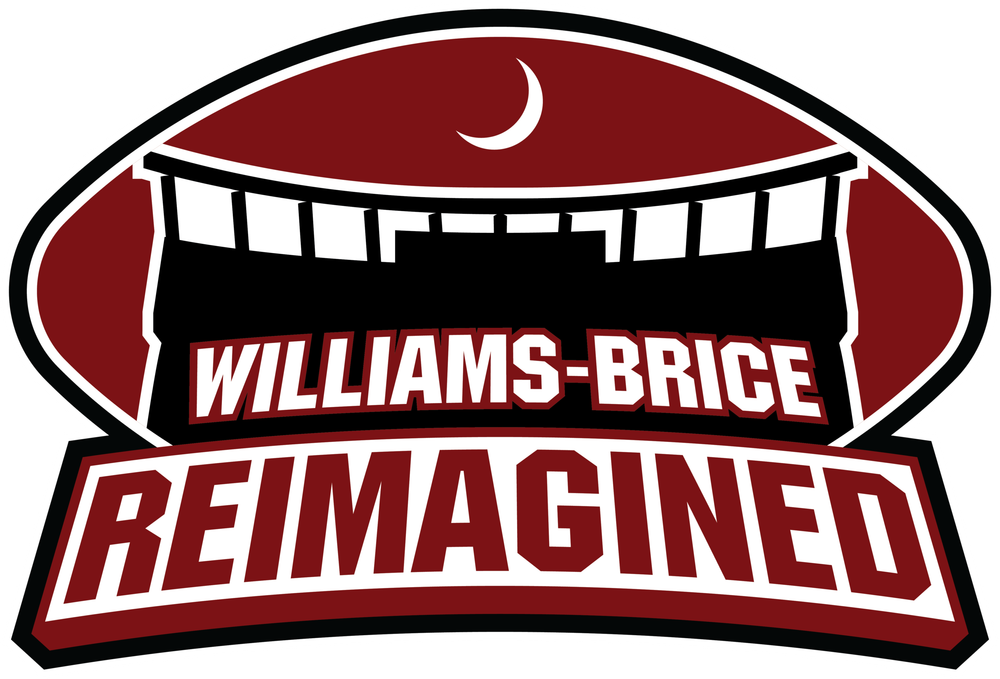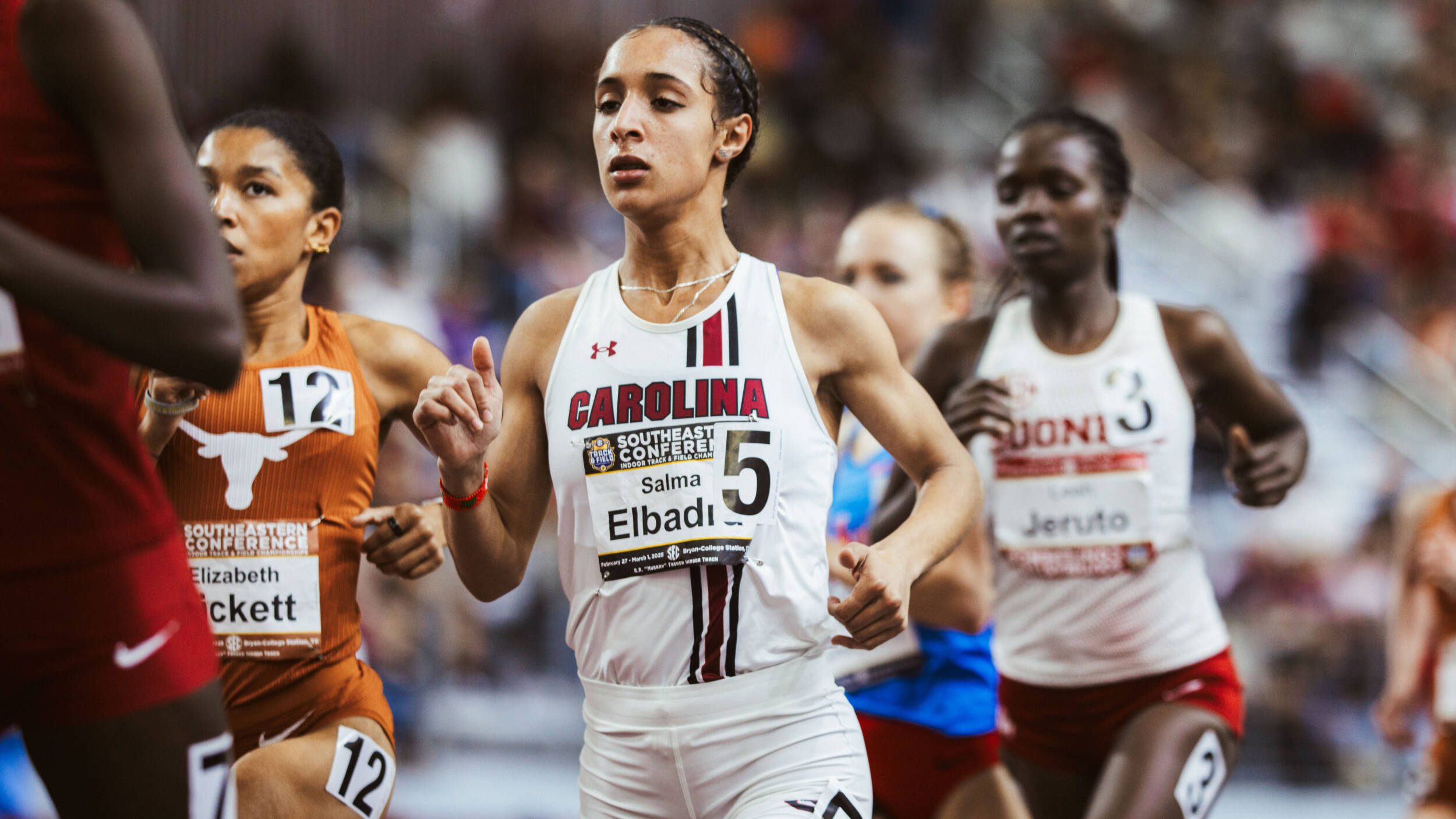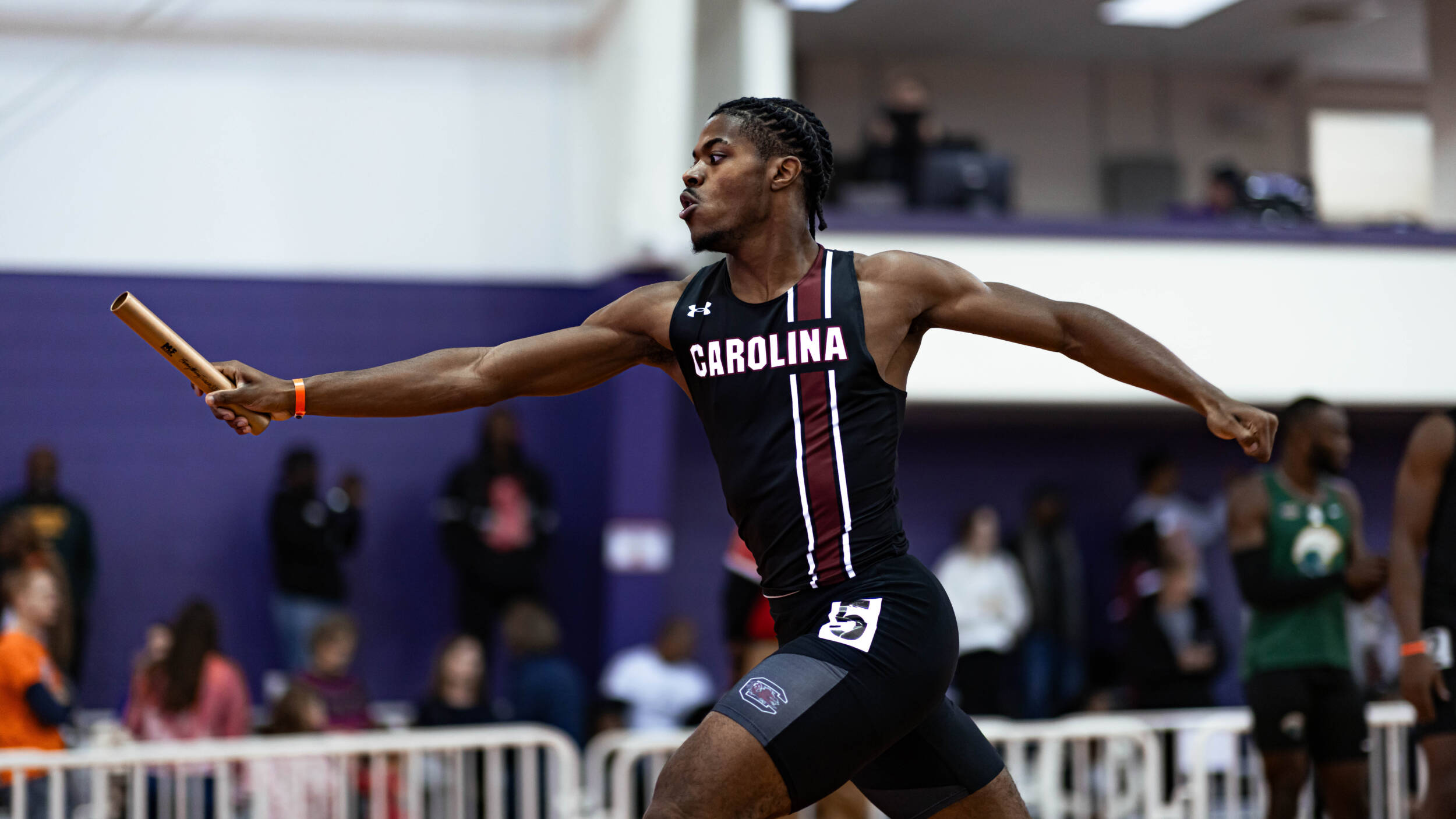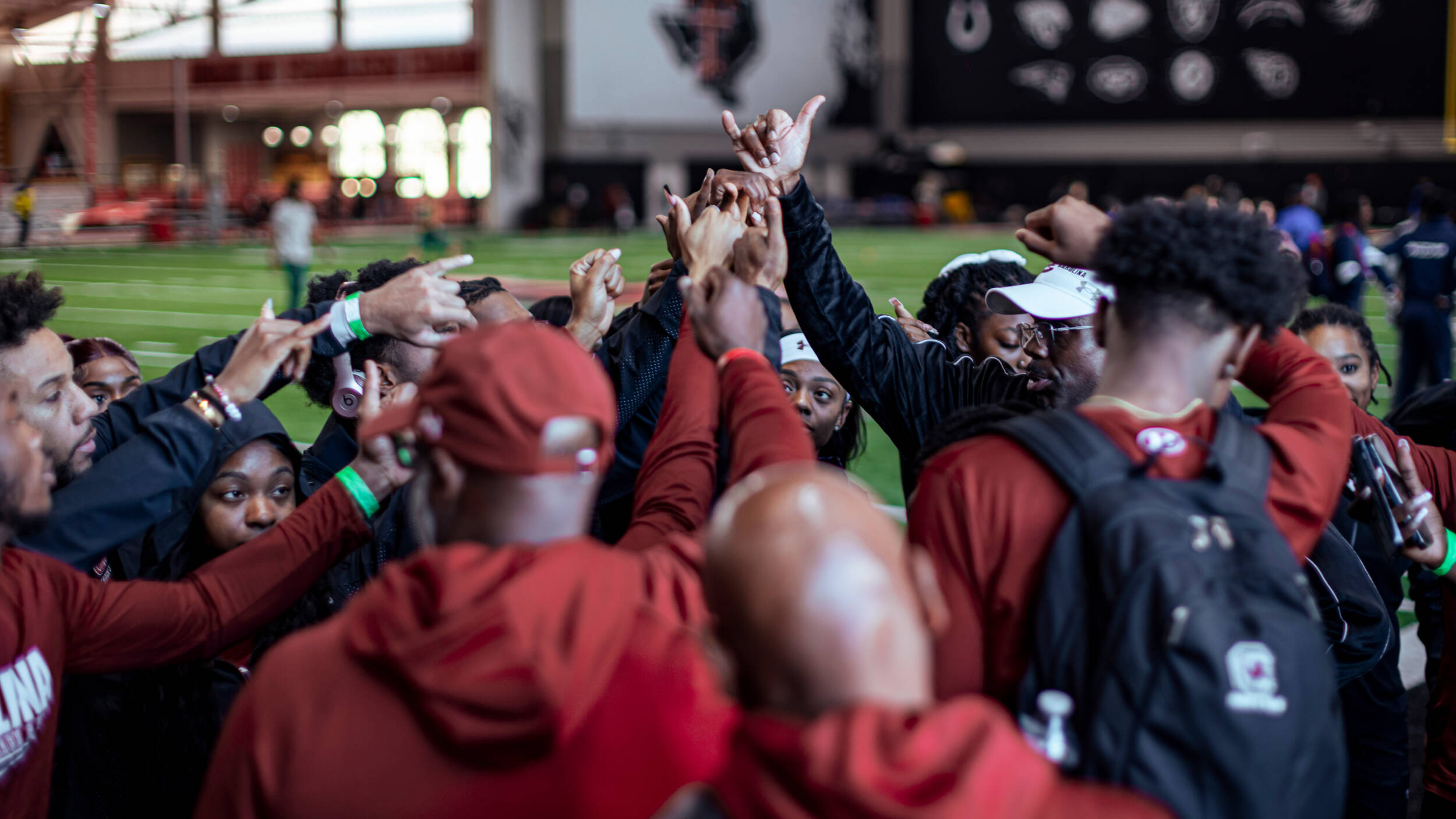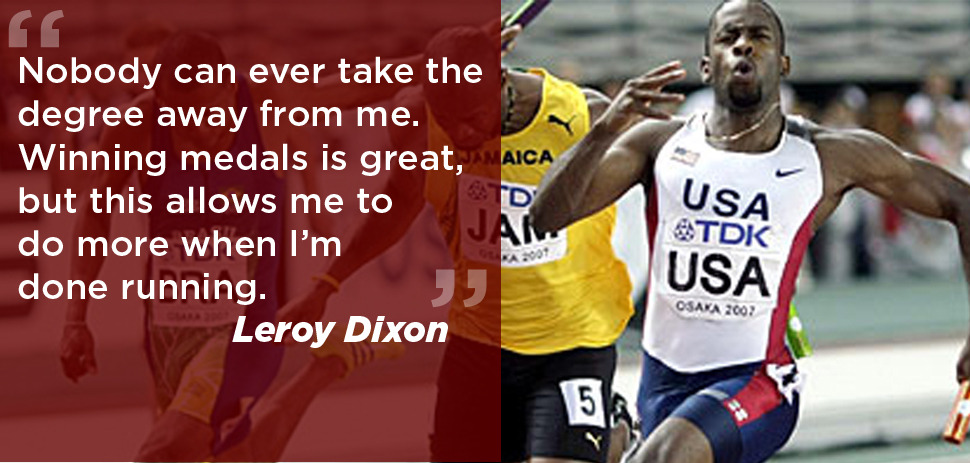
Degree Completion Program Offers Student-Athletes a Second Chance
Feb. 2, 2015

Not every student-athlete finishes school, but now they have a chance. The University of South Carolina gives student-athletes a second chance to come back and earn that diploma through the Carolina Degree Completion Program, which is part of the Gamecock Student-Athlete Promise.
“We provide funding,” said Maria Hickman, Associate Athletics Director for Academics and Student Development. “Each student is eligible for room, board, books, and tuition. They have all of the resources we offer to our undergraduate students such as tutoring, laptops, and use of the Dodie Academic Enrichment Center. Everything is available to them just like it was before they left. We’re committed to them when they get here, and we’ll always be here for them.”
The degree completion program is for student-athletes who left the university in good academic standing to pursue a professional career, or did not complete their degree due to personal circumstances. The program allows those former student-athletes to apply to be readmitted to come back to campus and finish their degree. Eighteen former student-athletes have already earned their degree since the program was implemented five years ago, including former basketball player Brandon Wallace who earned his Hotel, Restaurant and Tourism Management degree in December after leaving school in 2007 for a professional playing career with the Boston Celtics as well as overseas.
“On a personal level, I had always promised my mom (Terrie) that I would finish my degree,” Wallace said. “I definitely wanted to make good on that promise, and being that I was so close to getting my degree when I left, it was only right that I found time to come back and finish.”
A program-record 12 former student-athletes are currently enrolled. The program, in essence, gives them a chance to regain their scholarship while not having to worry about practices, film sessions, workouts and other demands placed on student-athletes. Funding for the program is built into the budget and there is some funding available from the NCAA.
“The returning student-athletes had to previously receive aid, but for the equivalency sports, it doesn’t matter what percentage of a scholarship they received,” Hickman said. “They didn’t have to be on a full scholarship, but when they return, their aid is determined after completing the Carolina Degree Completion application.”
Perhaps the greatest achievement of the program is that it has enjoyed a 100% graduation rate for all of those who have come back to school. Leroy Dixon also earned his degree in December in criminal justice after leaving school one year shy of graduation in 2006 to pursue a professional track career.
“It’s very important because student-athletes don’t always make the best choices at a young age because we can get caught up in the hype and excitement,” Dixon said. “We don’t always think about our long-term future. I’m very appreciative of the program. This means a lot to me. Nobody can ever take the degree away from me. Winning medals is great, but this allows me to do more when I’m done running.”
More student-athletes are finding out about the program simply by staying in touch with former teammates and coaches, and the graduates are paying it forward by telling others as well.
“Everyone I talk to that I played with, I talk to them about it,” Wallace said. “I encourage any of those guys who didn’t finish to come back and find time to take classes and finish. That degree will take you a long way because you can’t play basketball forever.”
I rank getting my degree right up there at the top with my athletic accomplishments.
Brandon Wallace
Dixon was living in Los Angeles, but he decided to come back in 2013 after sending a text to his former coach at South Carolina, Curtis Frye.
“I texted him to wish him Happy Father’s Day,” Dixon said. “He wrote back and told me to call him. He said he needed me to come back and finish my degree. He told me it was important. As a mentor, he was advising me to come back and get it and told me how the university would help me get it done. It made sense because there were no track and field championships that year, and I had a year to finish. Now I’m done so I can focus on the World Championships in August and the Olympics in 2016.”
Other students within a few hours of Columbia will drive back to campus two or three times per week to take their classes.
“It’s quite impressive what they do,” said Al Daniel, Coordinator of Student-Athlete Development. “As they’ve gotten older, you can see more maturity in a lot of them because this is something they promised somebody they would do. So they’re just more serious when they get back into the program. They see the benefit of it now and they’re a lot more focused.”
“Just to see the difference in their grades is quite something,” Hickman added. “Some of them, who perhaps didn’t take their grades as seriously before, or were more focused on athletics when they were here, have done so much better. Some of them have 4.0 grade point averages when they come back.”

Adjusting to college life without having to attend all of the team functions makes it a smooth transition for some, but others still have challenges.
“The funny this is that it was a whole lot easier than I remember going the first time through,” Wallace said. “Without basketball practice and all of those other obligations, it was pretty easy. A lot had changed on campus. The Dodie (Academic Enrichment Center) was amazing. Going from a 22 year old student to a 29 year old student, my priorities were definitely more in line this time.”
“It was probably one of the hardest things I had to do,” Dixon said. “It humbled me and taught me that nobody is better than anyone else. It taught me how to be more self-sufficient. There is a lot more training at the professional level, so I still had to do that and go to class. There were moments where I wanted to give up, but with the help of Al Daniel and Maria Hickman and everyone around the Dodie, they gave me the energy to want to finish.”
Wallace and Dixon enjoyed athletics success after leaving South Carolina, but they now also have the satisfaction of finishing what they started.
“Graduation was an awesome day,” Wallace said. “I got to see my mom smile. Any time you can make good on a promise to your parents, it’s amazing. My whole family was there to see it: mom, dad, and my two boys. My kids aren’t old enough to understand now, but once they get to that age, I can show them what’s possible. I rank getting my degree right up there at the top with my athletic accomplishments. The ring that you get from the Athletics Department when you graduate is one of the most prized possessions beyond any state championship or NIT championships I had in basketball. This is the most valuable one I have.”


